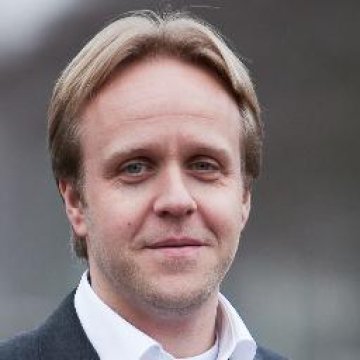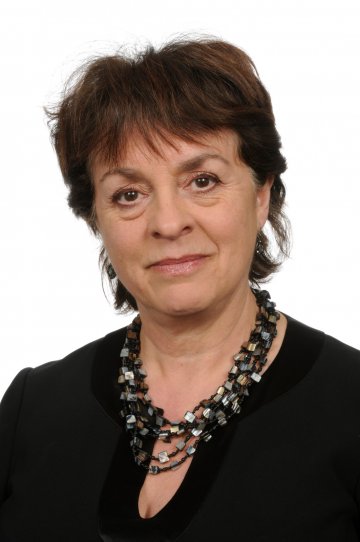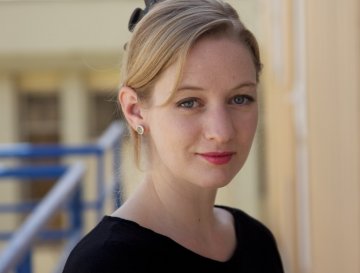Prof. Dr. Ton Liefaard offers his extensive knowledge in the field of international law and international and European legal standards regarding juvenile justice. He also exposes the challenges and objectives of the course ‘Juvenile justice within Europe from an International perspective’ of the “International Juvenile Justice School (ISJJ) as the first online initiative that addresses the issue of juvenile justice exhaustively.
IJJO Interviews
NLD
Netherlands
IRL
Ireland
Ms. Logan provides us a description of her Institution activities and objectives. She also introduces us in the juvenile justice model and what kind of sanctions based in the community are imposed when a child is found guilty of an offence. She thinks that Ireland is moving in the right direction in youth justice and expresses here satisfaction because of the paper that here office has made in this matter, being one of the most important achievements the end of the use of adult prisons to detain 16 and 17 year old boys.
GBR
United Kingdom
Ms. Cook introduces us in the penal English system where children are submitted to hard conditions in custody. She dismantles us a very authoritarian and punishable model that doesn’t contemplate the psychological, social and educative children specific needs for that the disturbing self-injuring, death and recidivism data in custody reduce. She also advocates the reduction of the age in which it is criminally liable from 10 to 14 years old and remembers us that the Convention of the UN says that custody should only be used for the shortest possible time.
USA
United States
Ms. Ryan provides us an analysis of the situation of children rights in the USA together with a description of the main activities and objectives of the Campaign for Youth Justice. In this framework, Liz Ryan underlines that The U.S. should ratify the Convention on the Rights of the Child and other human rights treaties, as well as, she advocates recommendations to federal, state and local policymakers, such as the development of strategies to stop the flow of youth into the adult criminal system.
GBR
United Kingdom
Within the following interview Ms. Marianne Moore, Expert Justice Studio Ltd from United Kingdom, presents one of the main outputs of the MHYO Project ‘European Comparative Analysis and Knowledge Transfer of Mental Health Resources for Young Offenders’ , Volume II: Manual for improving professional knowledge, skills and developing advocacy programme undertaken and coordinated by the IIJO and supported by European Commission.
In this context, she gives an overview of the adequate training that professionals who work with mentally ill juvenile offenders should receive in order to improve professional knowledge and skills as well as she suggests the most important recommendations that states should implement in order to improve the situation of young offenders suffering from mental health problems.




